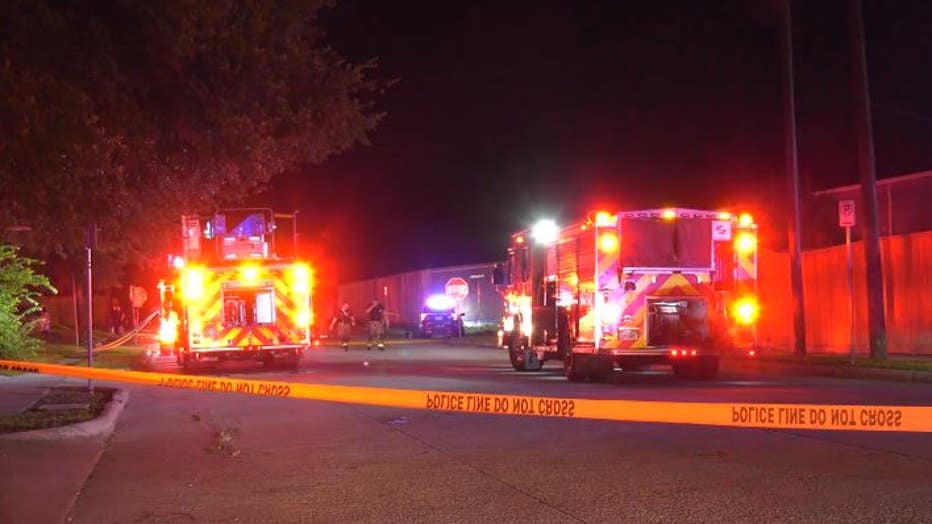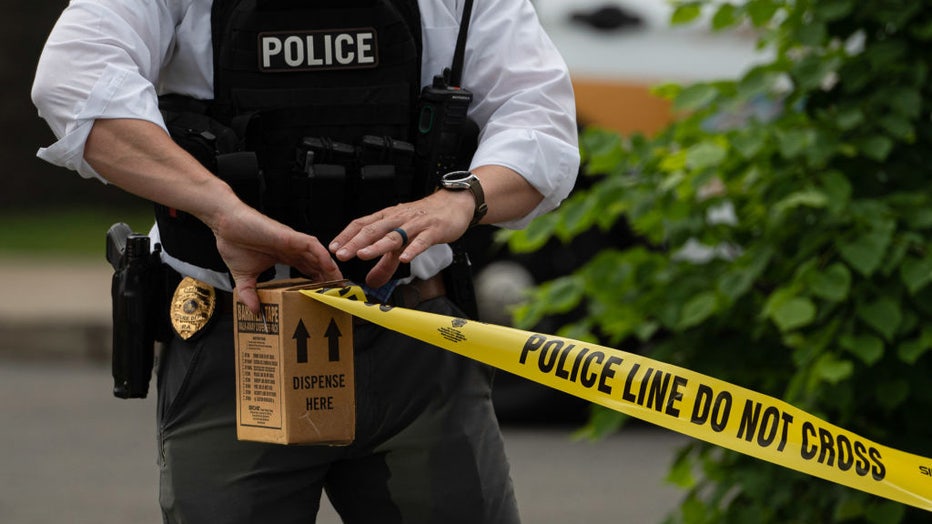Why women love True Crime

The rise of true crime and its connection to women
For every crime, there is a story. With every murder, a mystery to be unraveled. A desire to understand the unthinkable and the psychology of a killer. It's the dark side of human curiosity.
For every crime, there is a story. With every murder, a mystery to be unraveled. A desire to understand the unthinkable and the psychology of a killer. It's the dark side of human curiosity.
True crime has surged in popularity and is more popular than ever, with millions of people consuming content across all forms of media platforms, from podcasts to TV screens.
"There are themes of jealousy, revenge, anger," says producer Jacinda Davis, highlighting the complex emotions that underpin many true crime stories.
For many women, the interest is deeply personal.

Women and crime
"Why did that person do the thing they did? I think women just come at it differently," says Dr. Amy Shlosberg, criminology professor at Farleigh Dickinson University.
She, along with Dr. Meghan Sacks, explores these questions on their podcast "Women and Crime," which is consistently ranked in the top 150 of Apple Podcasts.
For Sacks and Shlosberg, the intrigue goes beyond the stories themselves. "I like the psychology behind it. I like to know why—what would make a seemingly ordinary person do something so out of the ordinary," says Sacks.
Their audience is primarily female, overwhelmingly so.
Featured
New search near Manorville in connection to Gilgo Beach murders: Who are the other victims?
The deaths of 11 people, whose remains were found on Gilgo Beach have long stumped investigators. Suspected serial killer Rex Heuermann has been charged with four of the victims, known as the "Gilgo Four."
"Our audience is overwhelmingly female, over 90% of our listeners are female, and typically between the ages of 25 to 45," Shlosberg explains.
Crime stories
So what often draws women in? Sacks has a theory.
"It's also a fascination, quite frankly, that most of us have with the darker side, you know, you'd like to see it from a kind of a safe place and you want to explore it," Sacks said.
There are more numbers to back this up: a University of Illinois study found that 70% of Amazon reviews for true crime books are written by women.
"We see human behavior exaggerated. We see the worst of mankind, and we also see the best," Jacinda Davis, executive producer at Red Marble Media, reflects on the genre's draw.

She also considers the gender dynamics at play: "Women are more often the victims of violent crime than they are the perpetrators of violent crime, especially when it comes to interpersonal violence. And I think there might be almost like a defense mechanism, like you somehow feel safer watching true crime."
"There's accountability. And I think that makes us feel safer in the world as well," Davis continues, emphasizing the role of justice in the appeal of true crime. The connection women feel to these stories isn't just about fear—it's also about a collective quest for accountability and safety through understanding. It's exemplified in popular female-hosted podcasts, like the overwhelmingly influential "Serial," and Davis' own work, including her podcast "Proof," which helped set two men free after 25 years on a wrongful conviction.

FILE-A police officer unravels police tape at crime scene. (Aimee Dilger/SOPA Images/LightRocket via Getty Images)
"The people we interview want to be heard. They have a story they want to tell," Davis said. The popularity of the genre has enhanced the push for racial equality in the justice system, says writer and NY Times contributor Kate Tuttle.
"There's a lot of really good crime reporting out there that talks about those realities," she said.
The haunting conclusion
Her essay in the NY Times—exploring her own roots on the issue... telling scary stories at a campfire... offering a haunting conclusion.
"There was this idea that as little girls, we are sharing these really horrific stories because we knew that the world was unsafe in many ways, but there was a kind of safety and all of us being there together," she said. "I think that's something that bonds a lot of women who like true crime."
Women and Crime podcast link: Women and Crime Podcast
Proof podcast: Proof Podcast
Kate Tuttle NY Times essay: NY Times Essay by Kate Tuttle


